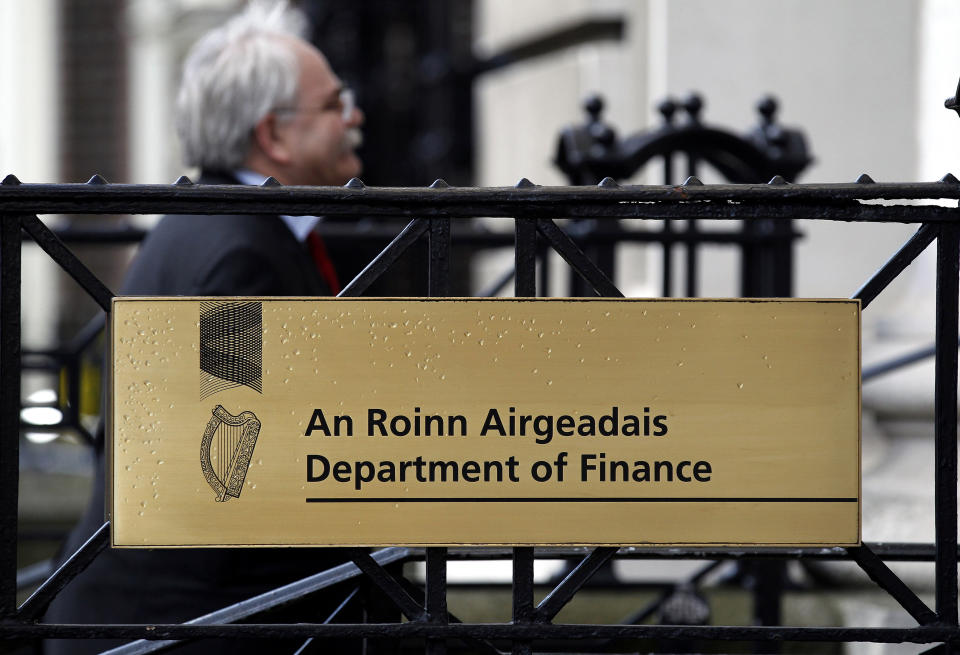Ireland signs deal with Malta to close ‘single malt’ tax loophole

Ireland’s tax authority on Tuesday said it had signed an agreement with its Maltese counterpart to close a tax avoidance loophole known as the ‘single malt’.
The controversial loophole allows multinational companies to pay single-digit tax rates by recording foreign income in Ireland and routing it to low-tax jurisdictions like Malta. The structure had been deployed as recently as July 2018, according to an Irish charity that has criticised its use.
Ireland’s finance ministry, which had insisted that US tax reforms introduced by President Donald Trump would effectively put an end to the use of the loophole, welcomed news of the agreement.
“I am pleased that this agreement has been reached which should eliminate any remaining concerns about such structures,” finance minister Paschal Donohoe said in a statement. “This is another sign of Ireland’s commitment to tackling aggressive tax planning,” he added.
The structure allows companies to funnel their non-US sales income from one Irish subsidiary into another Irish, but Maltese-resident, subsidiary by paying royalties for the use of company intellectual property, the rights of which have been given to the Maltese-resident company. This typically reduces the taxes paid on this sales income dramatically.
The Competent Authority Agreement, signed by Ireland and Malta, states that the double taxation convention in place between the two countries should not be used “for those purposes”.
Irish tax laws have been under international scrutiny for many years. In 2014, the Irish government moved to close a loophole involving Caribbean tax havens known as the ‘double Irish’. In September, Irish charity Christian Aid said that the Irish government “had failed to take meaningful action against the single malt tax avoidance structure.”
The December 2017 overhaul of the US tax code by the Trump administration aimed to reduce the exploitation of foreign low-tax jurisdictions by US multinationals. But Christian Aid said in a September report that Teleflex, a multi-billion dollar medical technologies company headquartered in Pennsylvania, had used the ‘double Irish’ structure as recently as this year to reduce its global effective tax rate to just over 3%.
The Competent Authority Agreement will be ratified as part of Ireland’s 2018 Finance Bill. The ministry said it would deposit the final documents with the OECD in early January 2019.
READ MORE: Controversial ‘single malt’ tax avoidance structure still in use in Ireland

 Yahoo Finance
Yahoo Finance 
